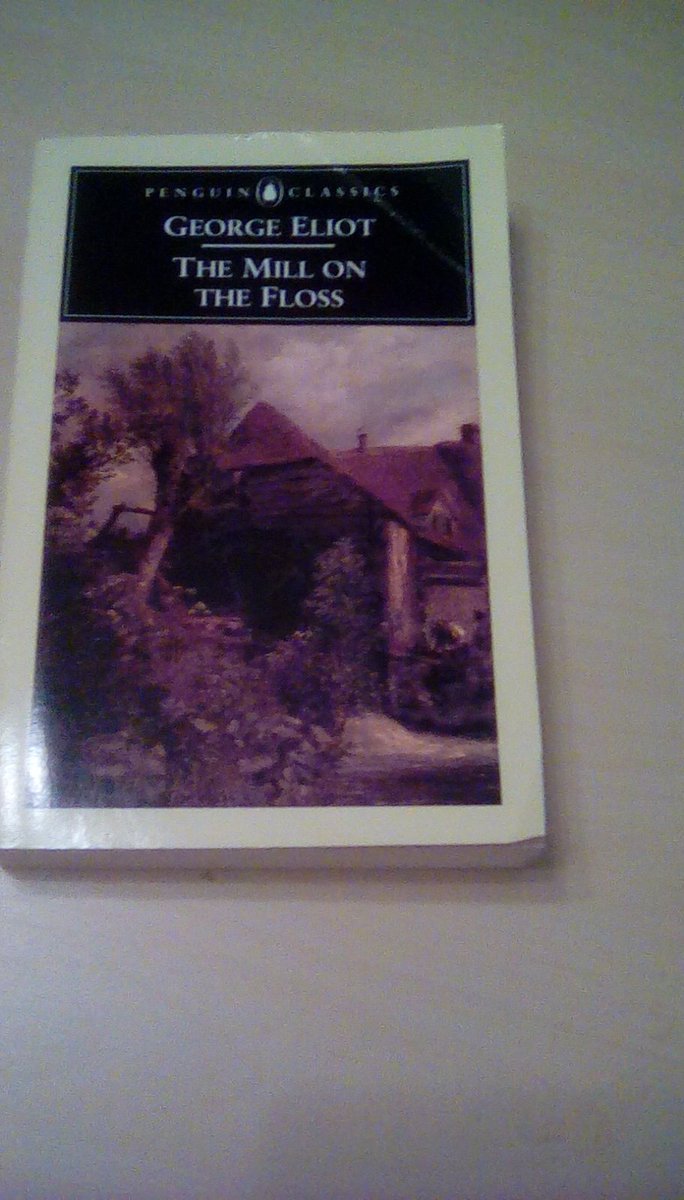Hello there. Hope you're feeling well today.
It has to be admitted that it would have taken a lot for me to have liked Brand by Henrik Ibsen. For a start as I've explained previously the idea of reading a play for pleasure is beyond my understanding and something I only do if it's a Penguin paperback. A position which, as I've admitted before, makes me a slight hypocrite.
But there's more. It's also a poetic drama. As I've also explained before. With a few exceptions poetry and me have not really got on.
And I wish Brand could have been different for me...really....but it wasn't. Basically this is about a priest and the effect he has on those around him. It is basically a shouty misery, layered with gloom, depression, despair with sprinklings of pessimism. After finishing it you feel yourself resisting the urge to throw yourself from the nearest fjord
Still I'm going to give Ibsen a pass.
Why? Well the version I was reading was from a stage version by the poet Geoffrey Hill. But he wasn't the translator. His introduction showed he took a literal translation and then proceeded to invest it with a more poetical slant.
However he also stated that lines and whole passages were "omitted, amplified or transposed".
Even if this is not a translation, but a diluted version of the original it's still unacceptable. After all we, the non Norwegian speakers have no idea what was omitted. Transposed suggests that passages in the original were moved and worst of all is amplified. For whatever Ibsen actually wrote there were moments where he made it "louder".
A translator, or whatever Mr Hill called himself here, is the nursery school teacher of literature. Leading the reader to the promised land of books in a language other than his/her own. Because of the way Mr Hill acted here you feel blind and worse, betrayed.
I'm no expert on languages but I know that any difference in a translation, however relatively minor, can lead you into a way that the original writer did not intend. I'll give you an example. Many years ago I was watching a subtitled episode of the Welsh language soap opera Pobol Y Cwm. Two female characters were discussing a male one and the subtitled line was:
"He thinks a woman's place is in the home".
But I'd caught the words cegin (kitchen) and gwely (bedroom). What it meant was that there was a difference between what the woman actually said and the subtitled line on screen. A slight,nuanced difference I'd accept, but still different.
In the case of this version of Brand you are unsure at any moment whether you're reading Henrik or Hill. You are however definitely sure you're not reading Ibsen as close to what he would have intended had he been born Henry Ibsen in Norfolk and not Norway.
As to why Penguin decided to put this into classic book status? No idea. Don't care either.
This of course means that there is a new Penguin paperback to read and it's this:
 |
| George Eliot - The Mill On The Floss |
Until the next time.
No comments:
Post a Comment